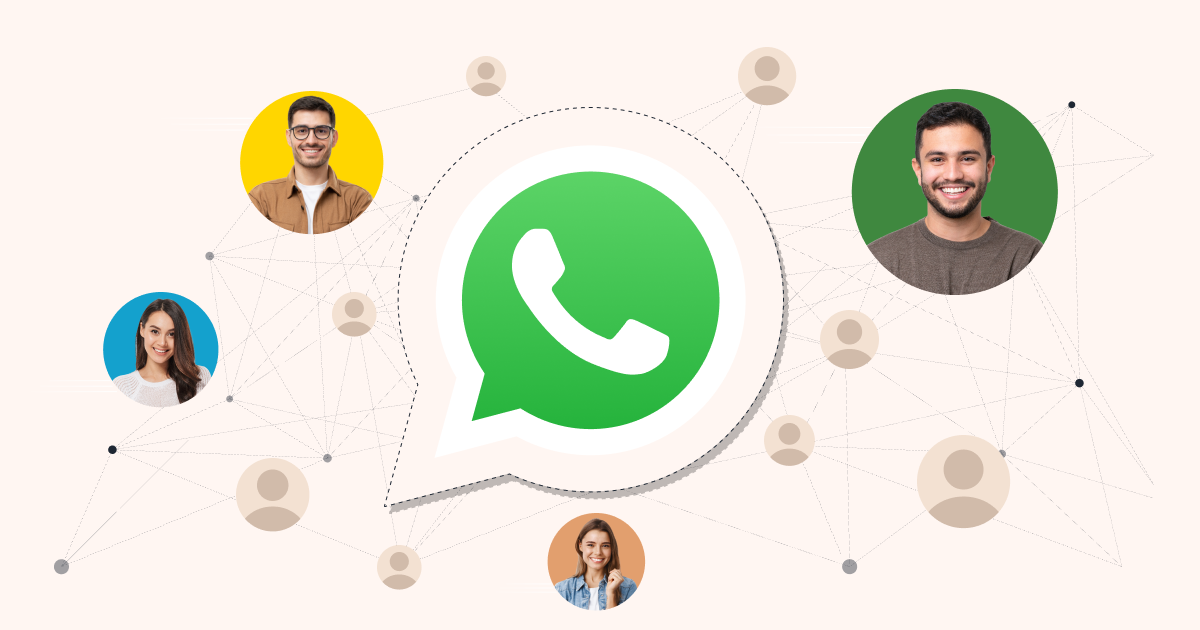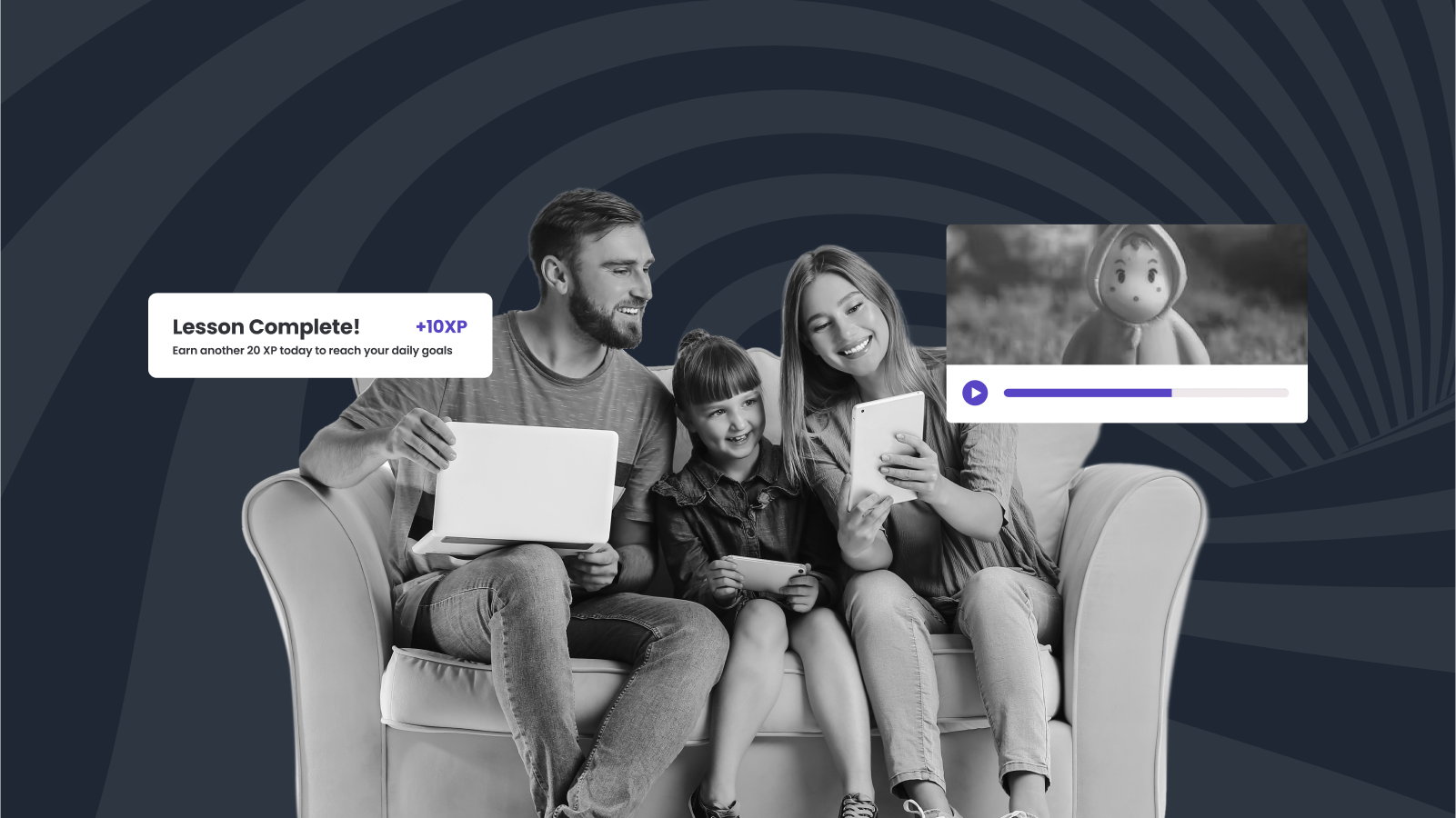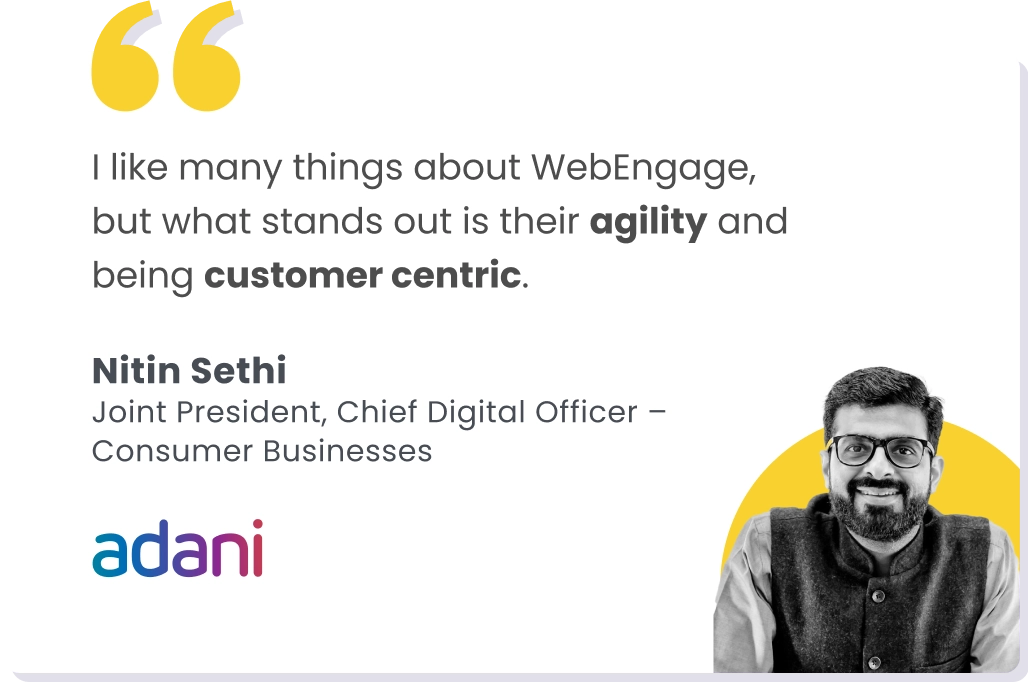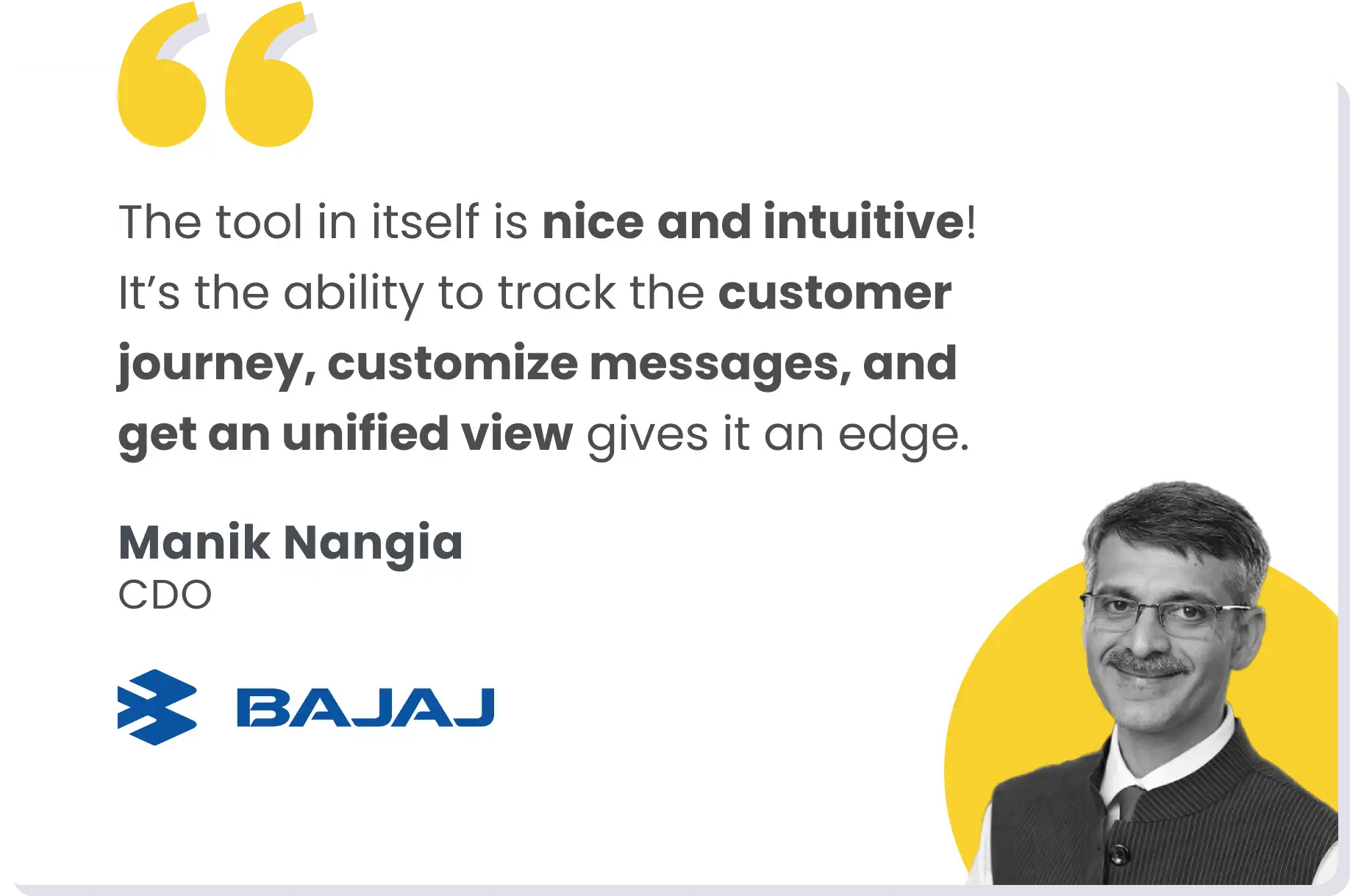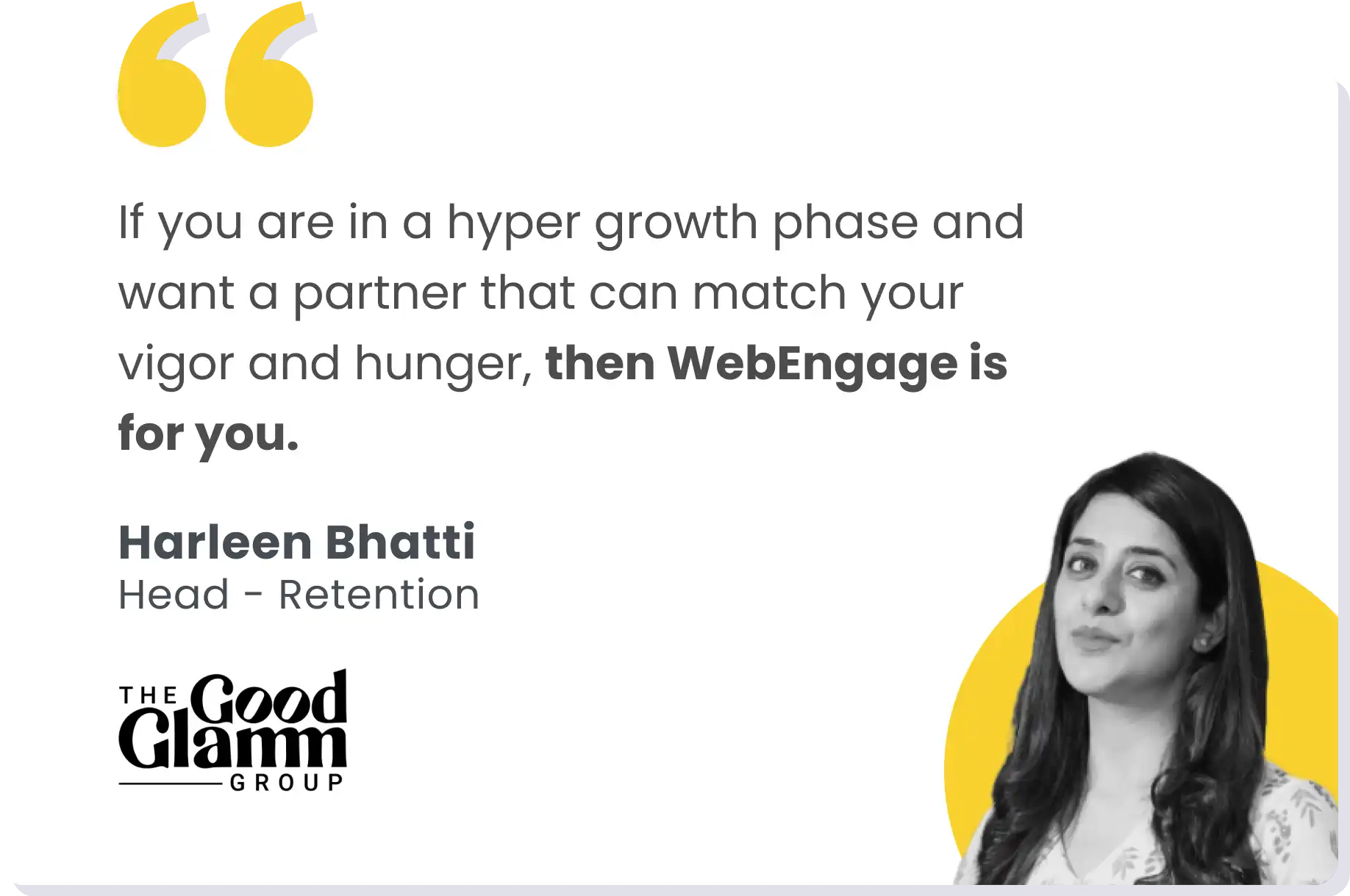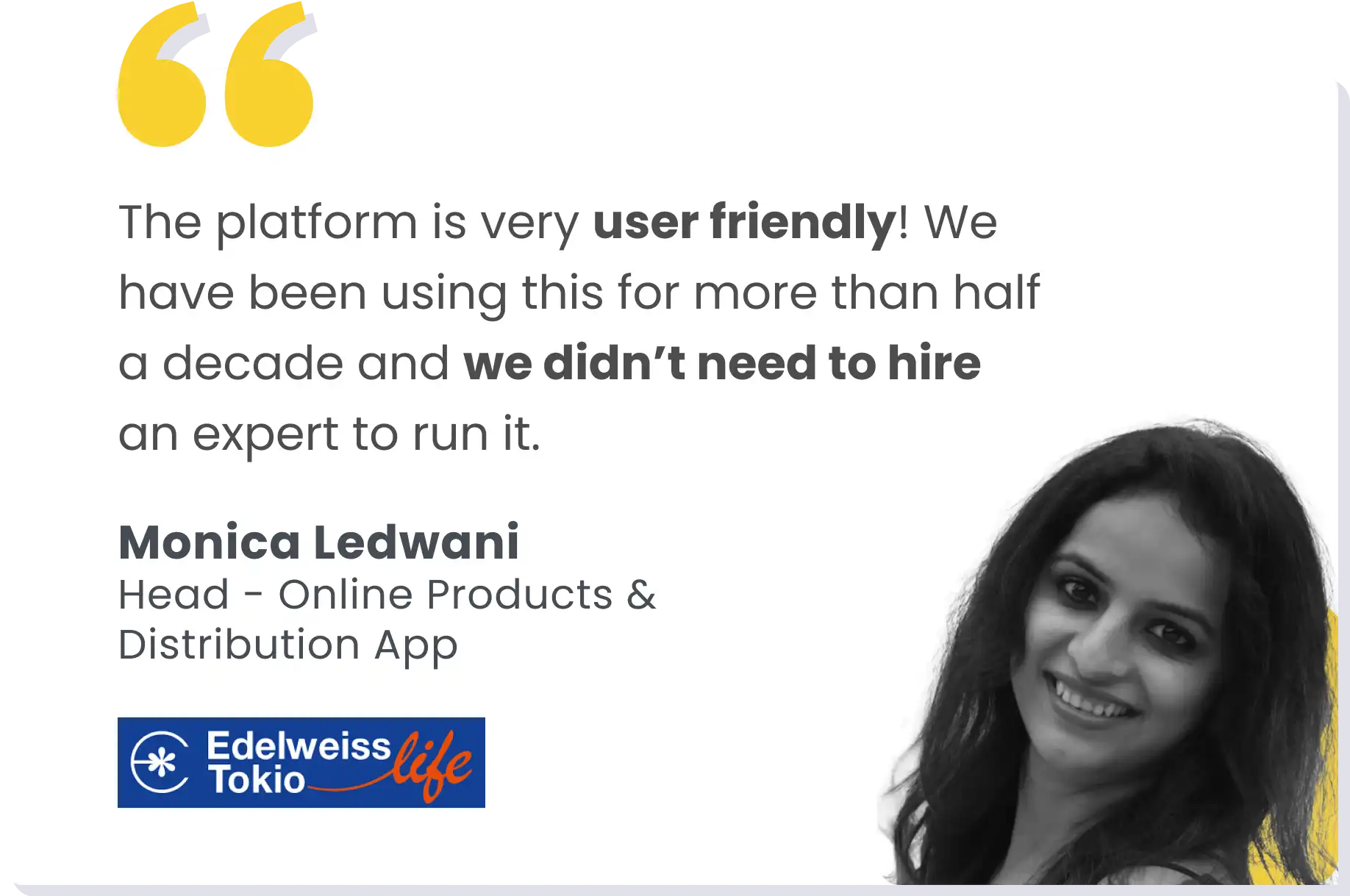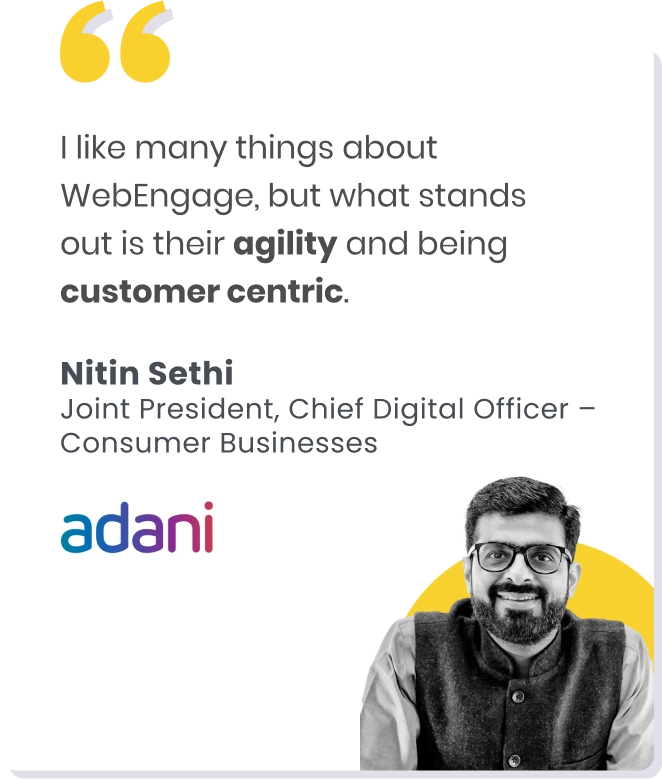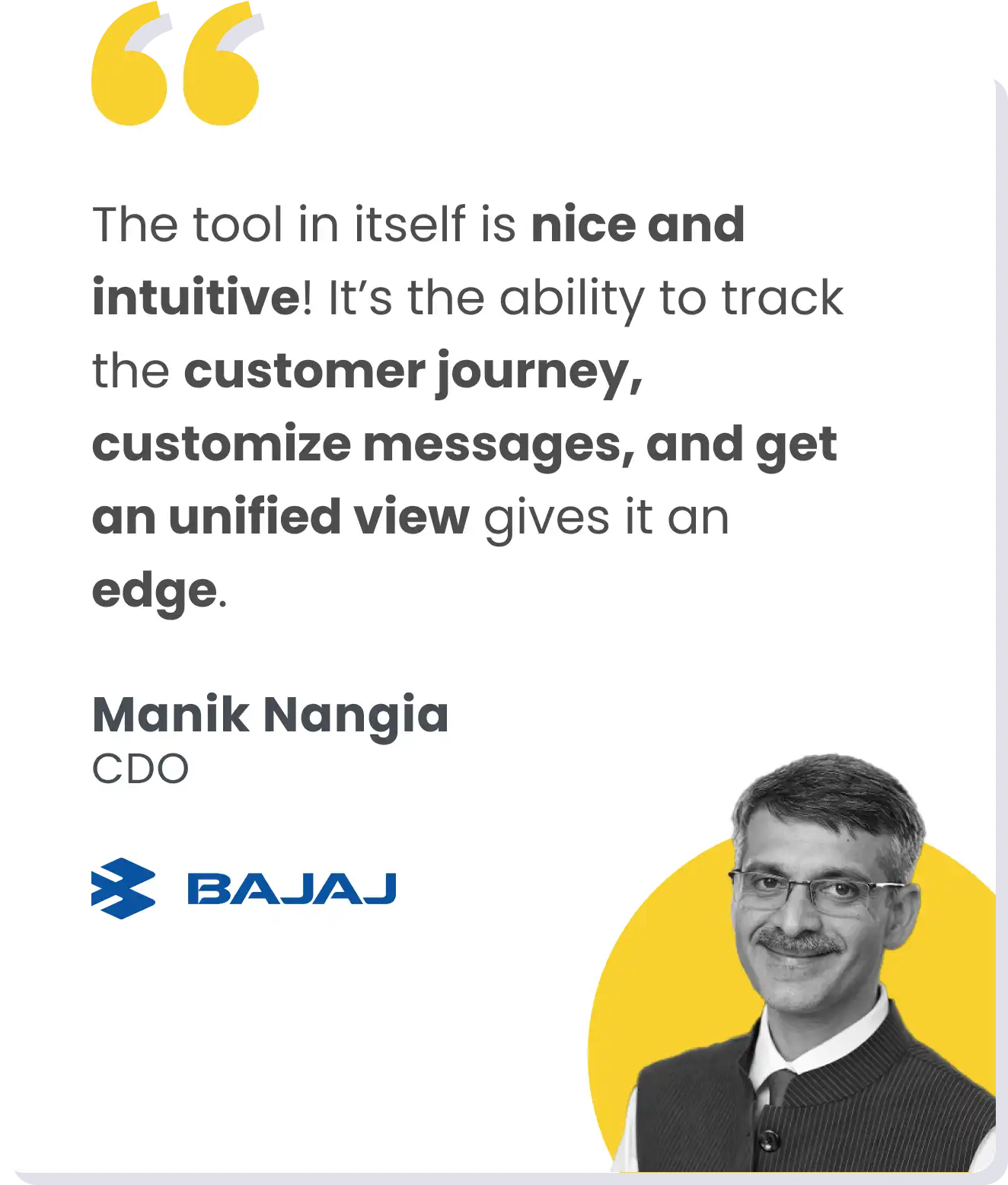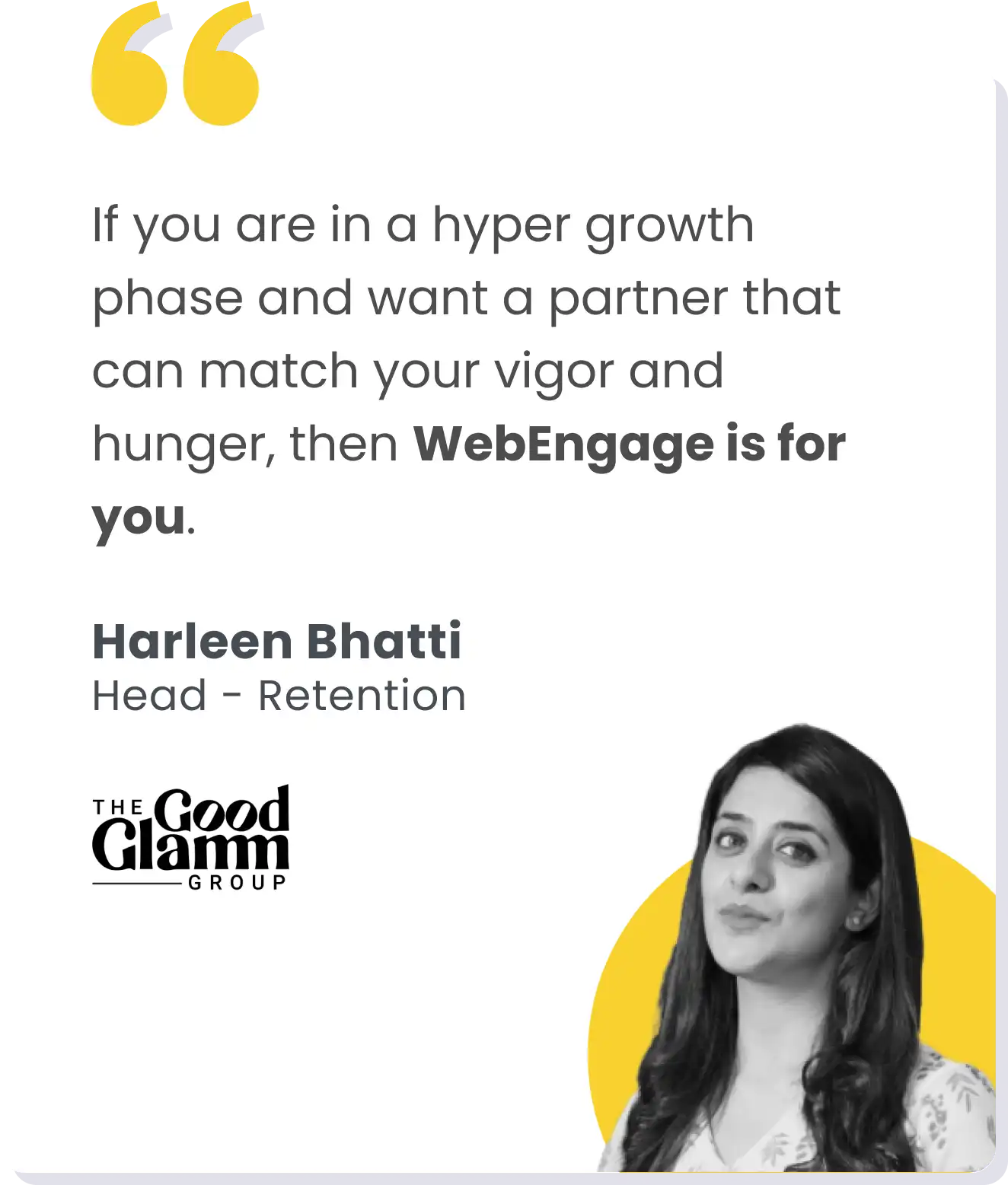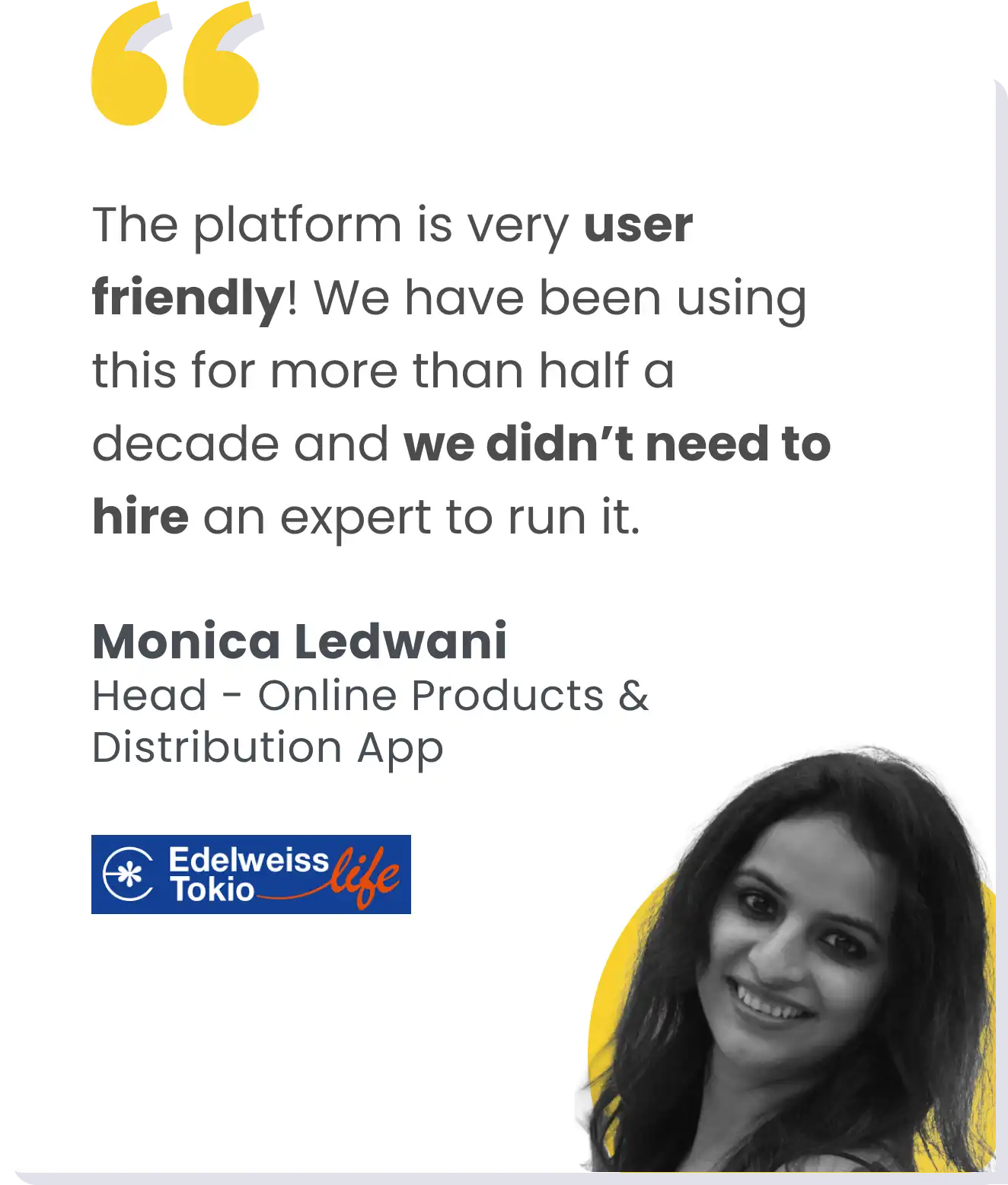“Do you know any brands running great WhatsApp Communities?”
This message drops into many marketing team chats these days. And with good reason.
Between CRM fatigue, promotional burnout, and increasingly siloed user behavior, brands are rethinking where the next touchpoint should come from. For some, that answer lies in one of the most intimate digital spaces: WhatsApp. But here’s the catch—most aren’t using it to sell.
We spoke to Tata CLiQ Fashion, a brand quietly but consistently experimenting with WhatsApp Communities, to understand what this channel can (and can’t) do for a brand today.
Here are our learnings, backed by observations from others like Nykaa, Frido, and more.
WhatsApp Communities are not sales channels…
Tata CLiQ started its WhatsApp community with zero GMB (Google My Business) expectations. The goal? Build familiarity, generate feedback loops, and keep the brand visible in a low-lift, low-cost way.
Polls asking “What’s your skincare ritual on match days?” or “Did you know this lip balm fact?” aren’t fluff—they’re user research in disguise. When done right, they give brands directional insight at a fraction of the cost of traditional surveys. For Tata CLiQ, some of these poll learnings have translated into broader business hypotheses.

Takeaway:
Communities are a live pulse check on user preferences, not an acquisition machine.
Snackable content. Every time.
If there’s one rule across every successful brand-led WhatsApp community, it’s this: you have 10 seconds or less to earn attention.
That means memes, polls, quizzes, and games—not long-form copy. For Tata CLiQ, “guess the brand with emoji” posts outperform all others. For The Whole Truth, it’s light storytelling and relatable nutrition humor.
Takeaway:
Shorter the post, sharper the engagement.
WhatsApp works best when it’s human, not hyper-personalised.
Here’s a nuance most miss: WhatsApp Communities are personal, but not hyper-targeted. Unlike email or SMS, there’s no real segmentation, no user-level attribution, no easy retargeting.
Tata CLiQ has 6,000 followers on its community. But it doesn’t know who they are—no mapping back to CRM, no lifecycle stage tagging. That’s a limitation today. But it also forces a creative constraint: build for engagement, not conversion. That’s why the team treats the community like “a more candid Instagram.”
Takeaway:
Think brand affinity, not lifecycle nudges.
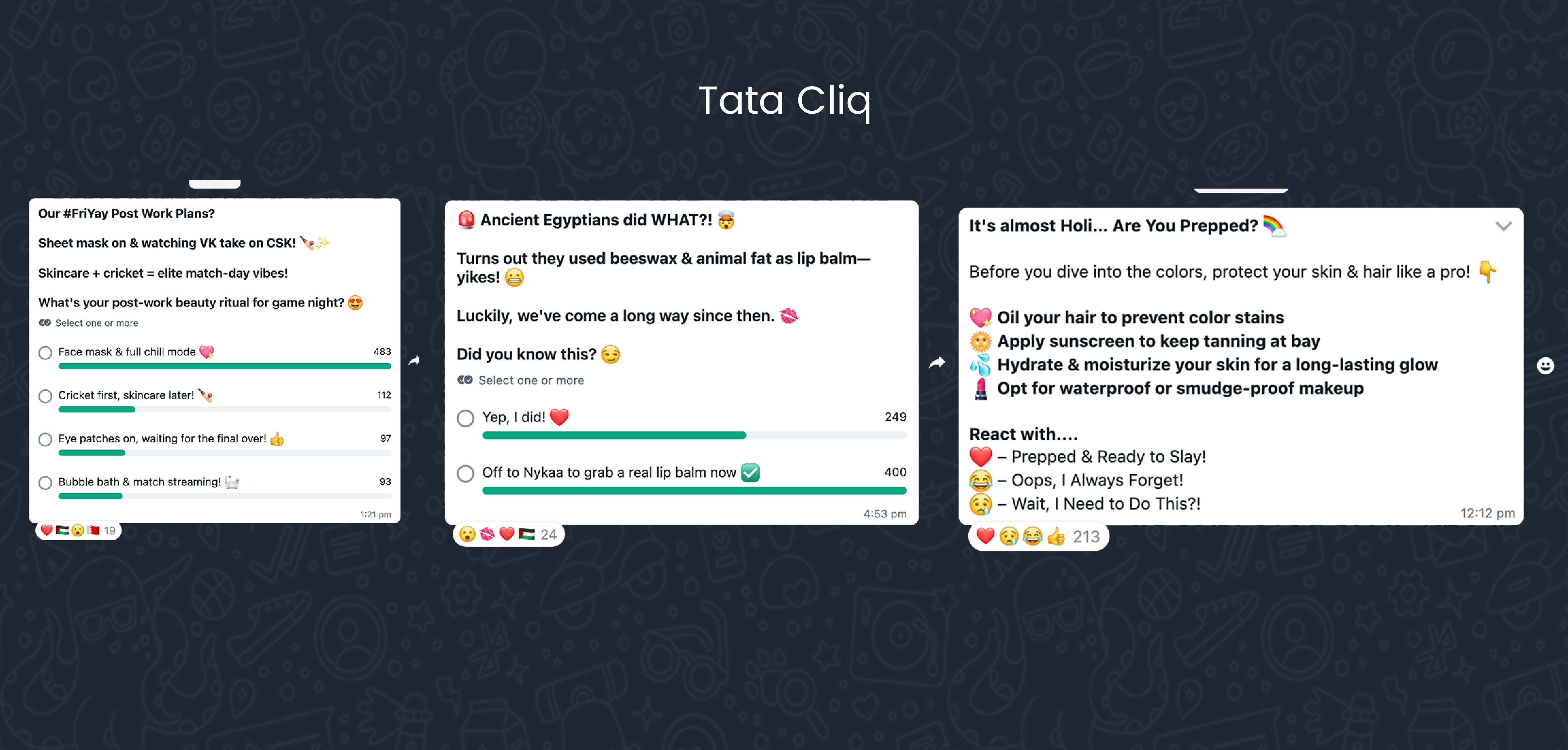
Promotions fatigue is real. WhatsApp helps balance it out.
For high-AOV categories like luxury fashion or beauty, constantly blasting discounts or sale reminders leads to fatigue. WhatsApp becomes the “anti-promotion” channel—used for sharing prepping tips before Holi (Nykaa), or skincare basics before summer (Tata CLiQ), not flashing offer codes every other day.
And yet, when done sparingly—say for flash sales—promo messages do work. But the golden rule?
Don’t let discounts define the channel. Let relevance lead.
Takeaway:
WhatsApp is your lightest CRM touchpoint. Treat it with that respect.

This channel won’t scale overnight—and that’s okay.
Many brands look at Nykaa’s WhatsApp engagement and expect 10 K+ reactions on day one. Reality check: it takes time. Building trust, credibility, and acceptability of your work, and you as a brand.
On the other hand, Tata CLiQ’s team also emphasized that they haven’t invested heavily in scaling it.
But that’s also what makes it a great experimental bed. You can try polls, countdowns, niche content themes—without worrying about brand-level cannibalization or funnel leakage. If something works, double down. If not, pivot next week.
Takeaway:
WhatsApp Communities are still early stage. Use that to your advantage.
Final Word: So, Should You Launch One?
If you’re a brand wondering whether to test the WhatsApp Community waters—start with this question:
Do I have something valuable to say even when I’m not selling?
If yes, it’s worth trying. Be it for quick feedback loops, fun seasonal engagement, or just staying top-of-mind in the most personal inbox there is.
Because in a world of aggressive CRM and declining attention, WhatsApp communities might just be where the most honest conversations happen.


